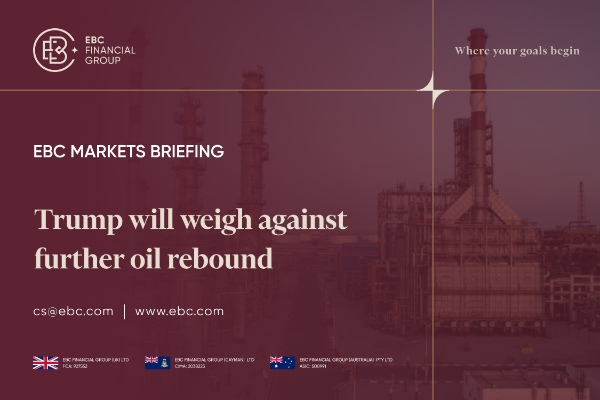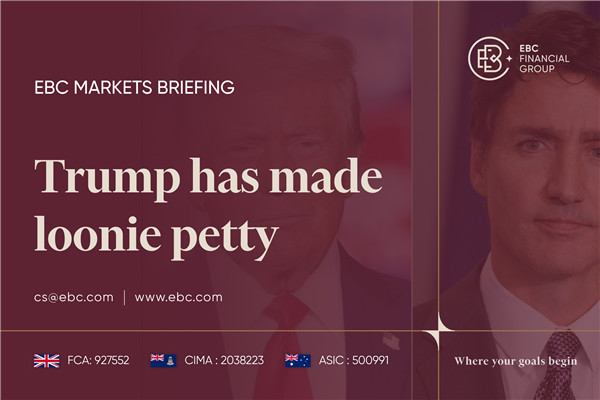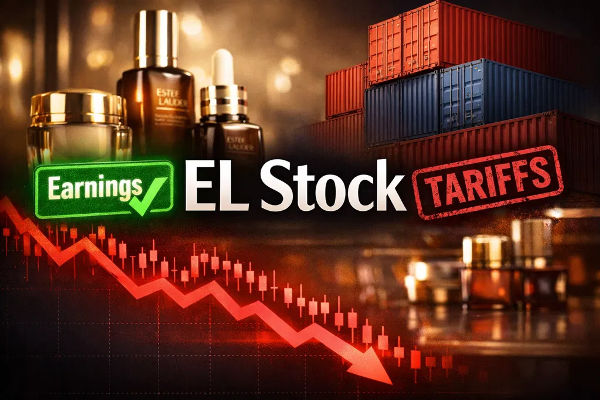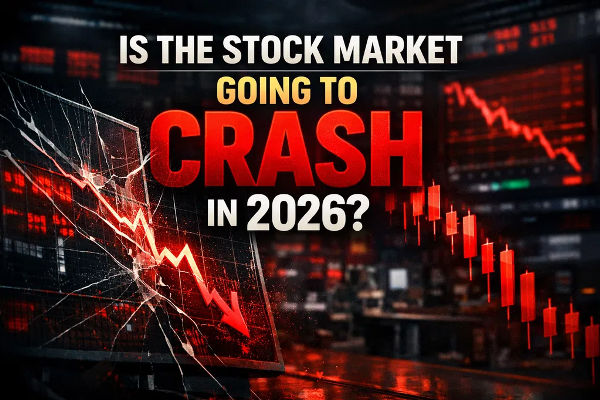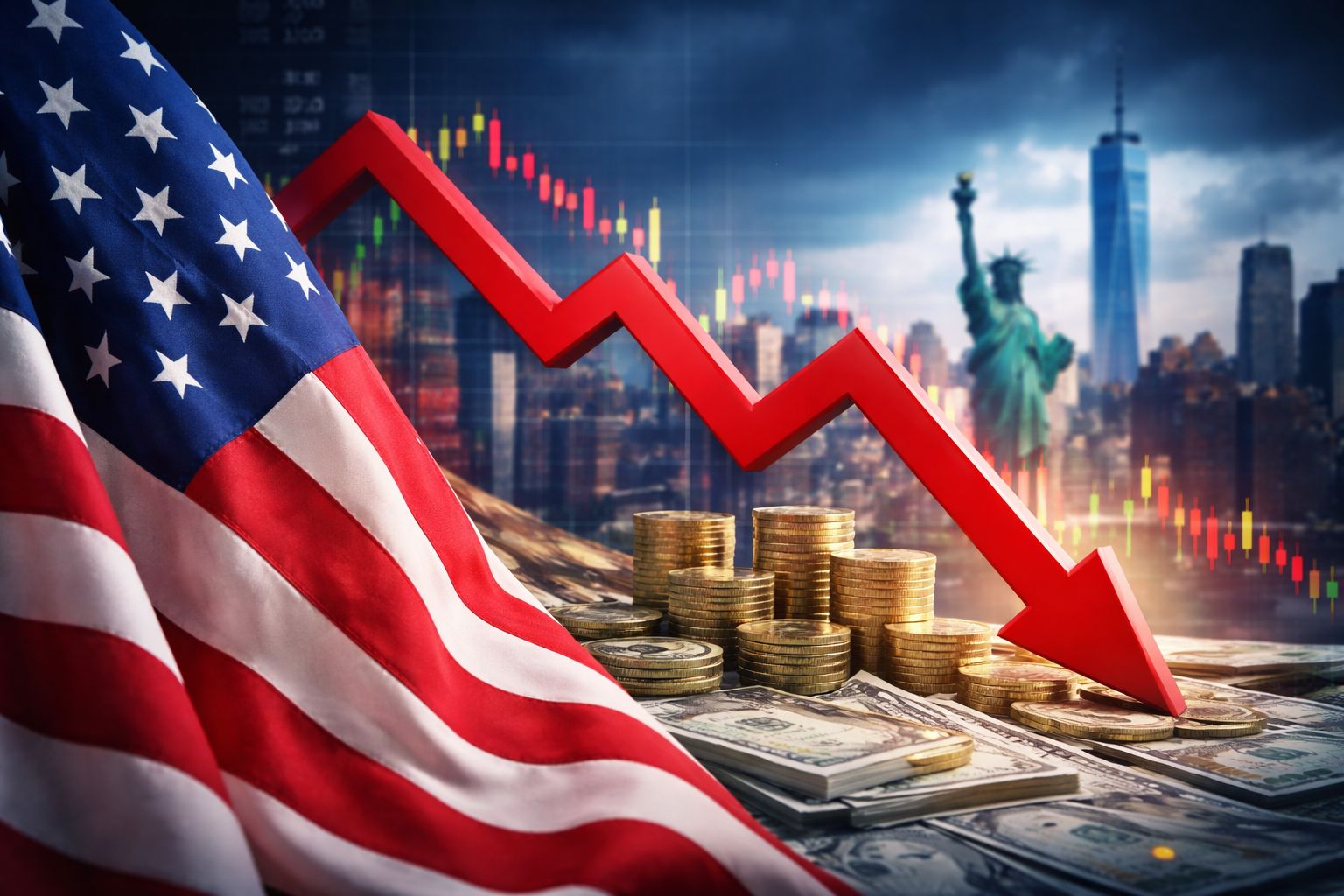Crude prices surged by 6% last week after Israel surprisingly ramped up its
attacks on Iran. Several senior Iranian officials have been killed, despite
Trump warning its ally against scuppering talks on a potential nuclear deal.
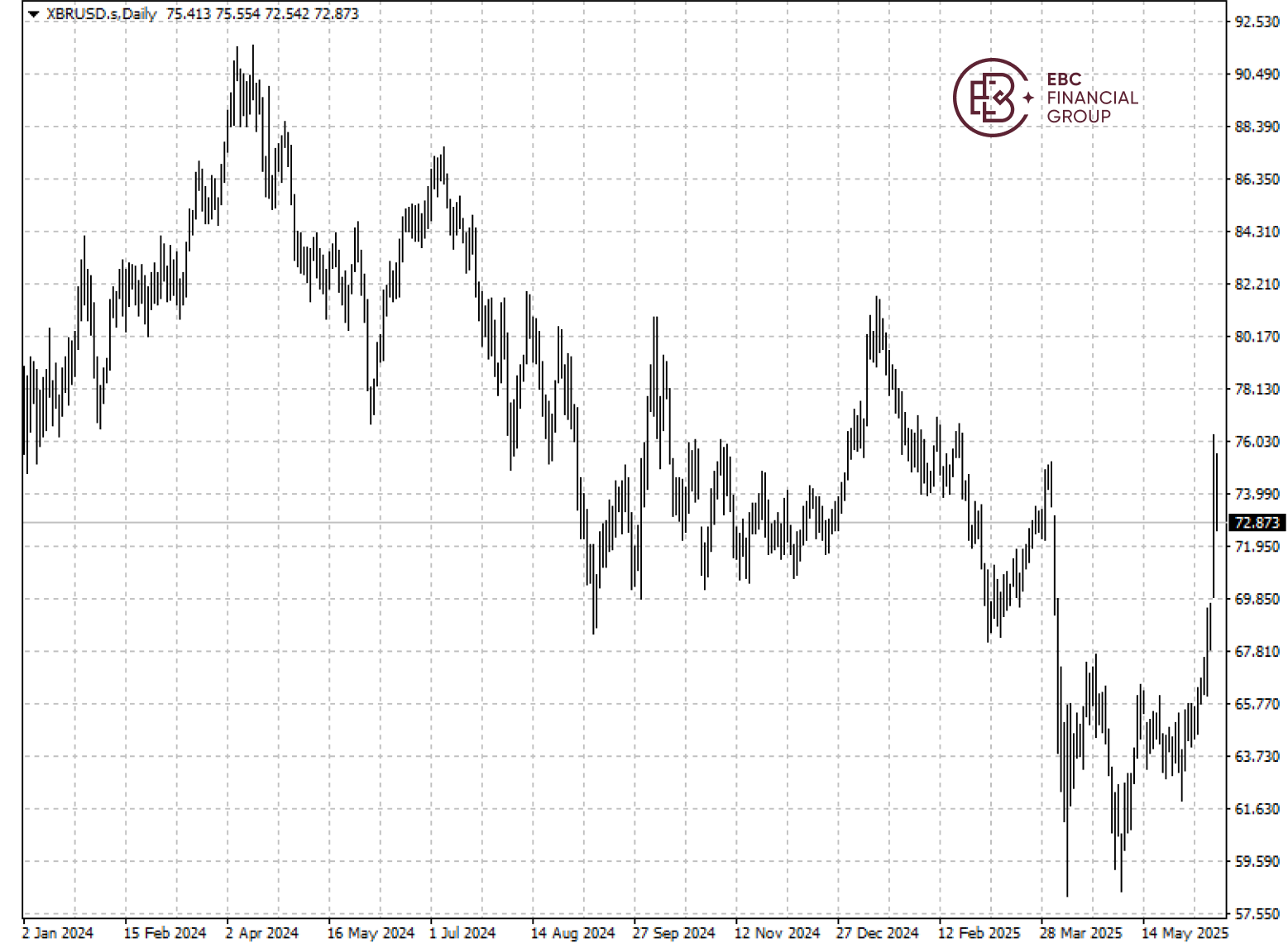
Israel and its allies have criticised Iran's build-up of proxy forces in the
region, including the Lebanese Shia militant group Hezbollah which were highly
active during a war against Hamas.
Teheran has made concrete progress in producing nuclear weapons, according to
Mossad, including a uranium metal core and a neutron source initiator for
triggering the nuclear explosion.
Iranian retaliatory strike targeted Israeli cities of Tel Aviv and Haifa,
fuelling deep concerns that the conflict between the two regional enemies could
lead to supply discerption in the Middle East.
Trump on Sunday urged the two countries to "make a deal," but suggested they
might need to "fight it out" first. The latest conflict marks the first time the
arch-enemies trade fire with such intensity.
German foreign minister Johann Wadephul is pressing on with his Middle East
tour, which has been hastily rearranged due to rising geopolitical tensions.
Europe is more reliant on MENA for energy with sanctions against Russia.
There is no complete end in sight to the military conflict as both Netanyahu
and Khamenei come across as far-right leaders. The lack of leeway will be a
constraint to any potential ceasefire deal.
Infrastructure strike
Two major energy companies are monitoring the developments but they are yet t
to make firm predictions on oil prices. Baker Hughes CEO Lorenzo Simonelli says
"there's one sure thing: You're going to be wrong."
If the Strait of Hormuz are affected, "that would have even more significant
effects on prices, as customers around the world would be scrambling to meet
their own energy needs," says Woodside Energy CEO Meg O'Neill.
While the attack was concentrated on Iran's domestic energy system rather
than exports to international markets, oil traders are bracing for worse global
supply chain disruption.
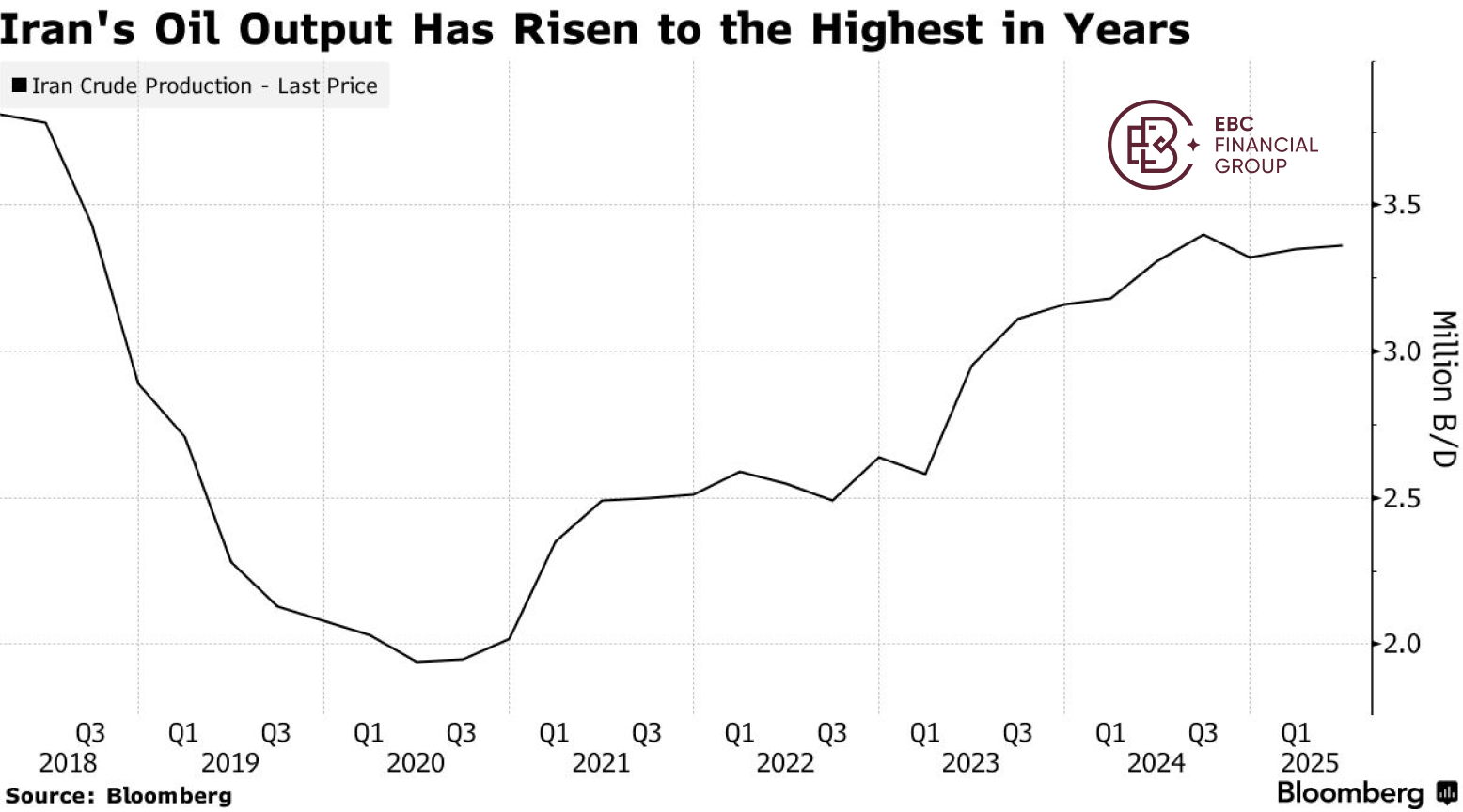
Trump will likely call on the OPEC+ to tap its spare production capacity if
necessary, said Helima Croft, head of global commodity strategy at RBC Capital
Markets. That may be insufficient to offset potential losses though.
In the past Tehran threatened to halt the Strait of Hormuz, a critical
transit point in the Persian Gulf. A closure could propel international prices
to as high as $130, according to JPMorgan.
"There will be questions about whether Israel is going to target more Iranian
energy infrastructure," said Richard Bronze, head of geopolitics at consultant
Energy Aspects Ltd, "we appear to be in an escalatory cycle."
The IEA said that global oil markets are well supplied amid slowing fuel
demand and recent production increases by OPEC+ and it was prepared to tap
emergency stockpiles.
Balancing power
After holding back supply for almost three years to push prices higher, OPEC+
output curbs were no longer having as much impact, said analysts. It looks
reasonable to ratchet up output for market share.
Officials in Riyadh were well aware that turning on the taps pleased Trump as
evidenced by deals in AI build out, nuclear programme and advanced weapons
during his Gulf trip.
Despite that, the kingdom fears repeating the mistake of 2018. Back then
Trump persuaded the OPEC+ to increase production ahead of a crackdown on
Tehran's exports, which ended up with oil prices below $50.
Elsewhere the US Energy Department's loan office should fund oil and gas
infrastructure, a White House aide said earlier this month. The thing is the
industry rarely finds it difficult to secure bank financing.
The EIA said Overall US production will decline 0.4% to 13.37 million bpd
next year, the first drop since 2021. The Gulf of Mexico's growing importance
offers hope against the backdrop.
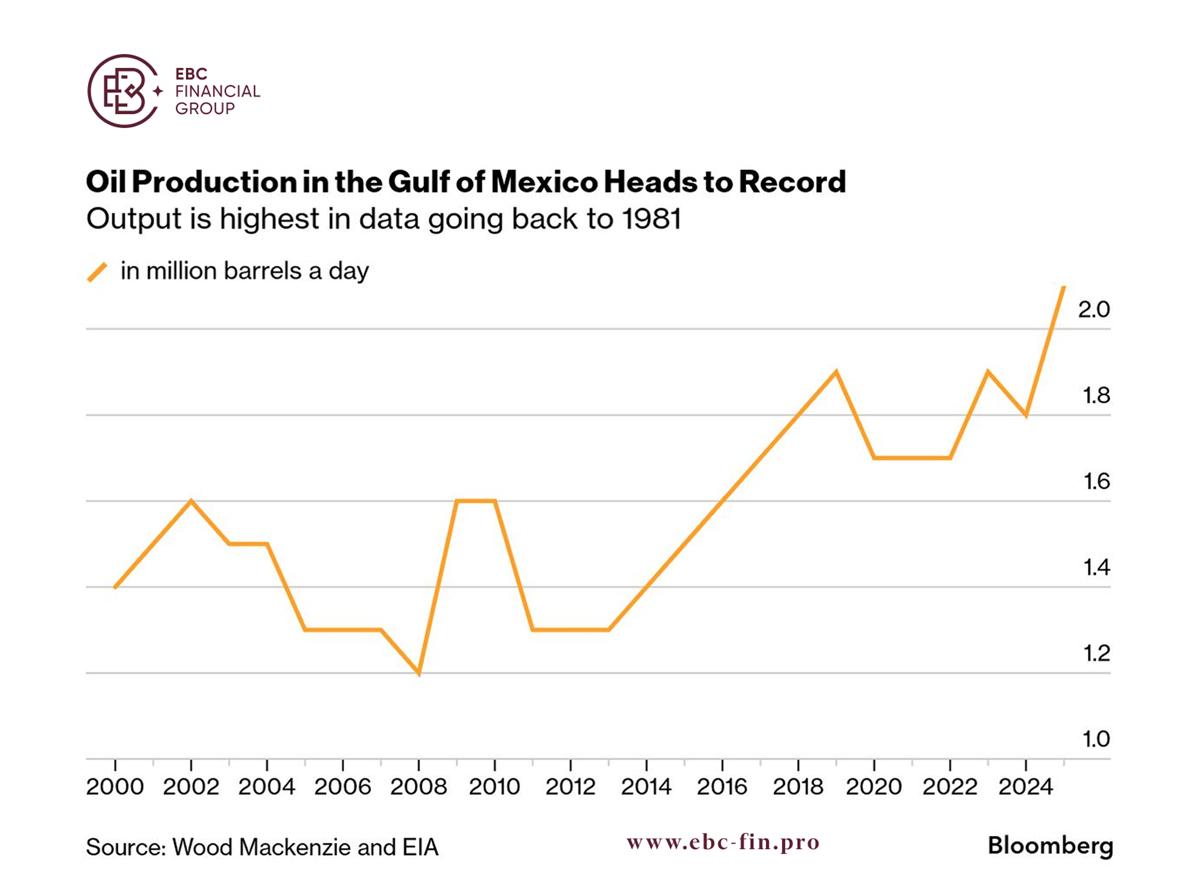
The basin took a backseat to the shale boom in the past two decades. With
lower crude prices taking a toll on shale drillers, major, longer-term Gulf
projects are starting to come online.
A fundamental change in the offshore business model is also celebrated. Major
oil firms have turned to smaller, simpler production vessels, making deepwater
no longer high-cost by default.
Disclaimer: This material is for general information purposes only and is not
intended as (and should not be considered to be) financial, investment or other
advice on which reliance should be placed. No opinion given in the material
constitutes a recommendation by EBC or the author that any particular
investment, security, transaction or investment strategy is suitable for any
specific person.
